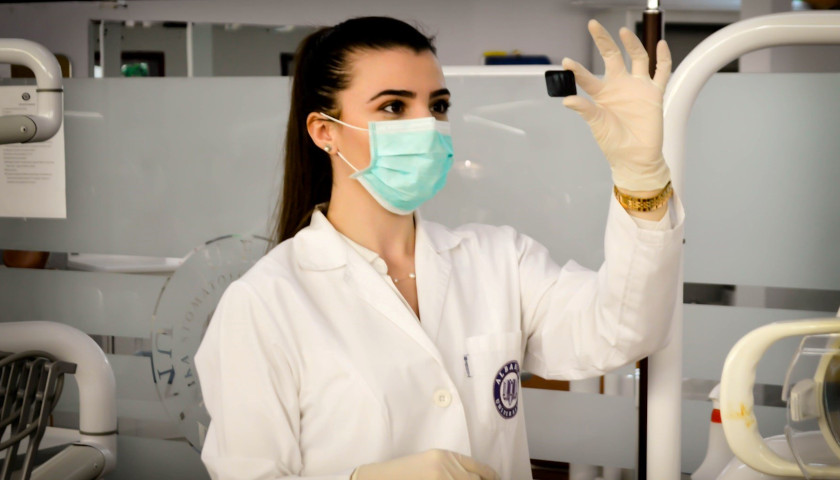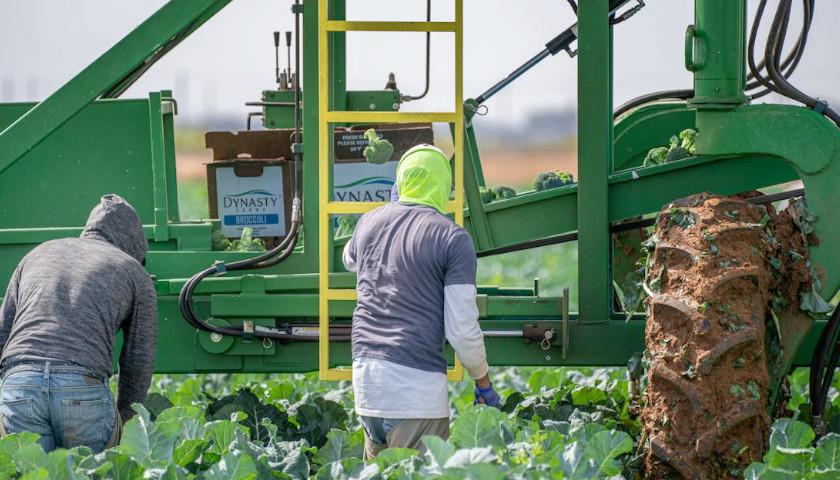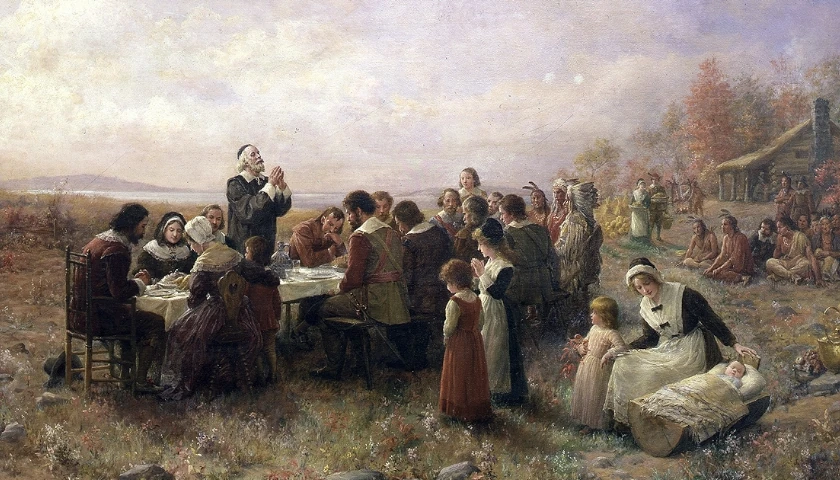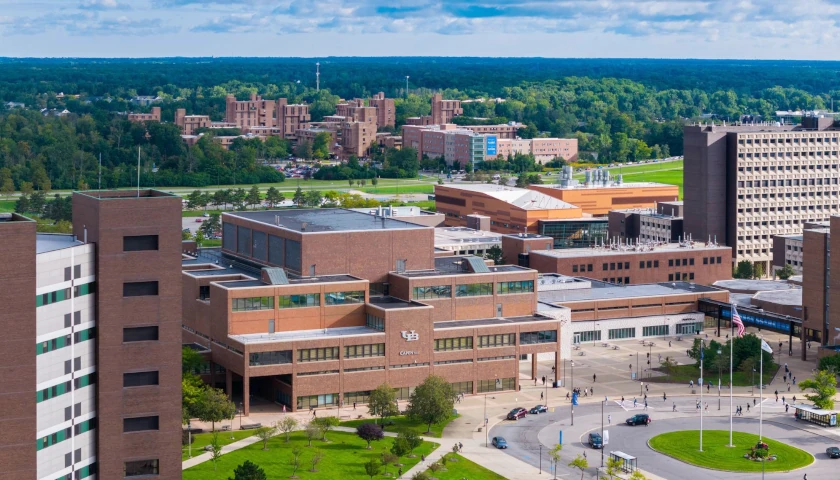by Timothy R. Snowball
A recent survey conducted by The Atlantic has revealed that a majority of Americans from both sides of the political aisle now support possibly unconstitutional government action to combat the continuing spread of COVID-19.
This includes 78 percent of Americans supporting private health care workers being forced to provide services to the public despite the obvious risk to their own health. Just under 60 percent support government taking over private businesses and property. Some politicians have even floated the idea of declaring martial law. The belief is that the only possible response to the crisis is more government power and control.
But not only are more government dictates, force, and coercion unnecessary, they would make the country less prepared to combat COVID-19. It’s important to recognize how the private market has already stepped up to provide much-needed goods and services, and in a more efficient and cost-effective manner than the government ever could. And all without overly aggressive and unconstitutional government mandates.
For example, Ford Motor Company, General Electric, and 3M Company have forged a partnership to produce face masks and ventilators to help meet the new demand brought on by the coronavirus. This effort includes manufacturing ventilators with new, improved technology that will increase ease of use. According to Executive Chairman Bill Ford, “By coming together across multiple industries, we can make a real difference for people in need and for those on the front lines of this crisis.” While the federal and state governments have called for more ventilators and medical masks to be produced—no companies have been taken over by the government in order to do so.
Abbott Laboratories has begun producing a new test to identify if someone has become infected with the virus. It is now the fastest test available, delivering results in a matter of minutes. Other promising innovations include the development of a new test for COVID-19 antibodies; production of a wearable sticker to read vital signs that doesn’t require clunky, antiquated equipment; and remote-controlled robots through which doctors can interact with infected patients without endangering their own health. On the other hand, the FDA, CDC, and bureaucratic agencies failed to anticipate the testing needs of COVID-19 and did not react for weeks, slowing down private companies’ response in the process.
One of the first products US stores ran short of after the crisis broke was hand sanitizer. In response, several large international distilleries began shifting production to alcohol-based hand gels instead of whiskey. According to Ann Mukherjee, a regional director for the North American division of Pernod Ricard SA, “I say to everyone on my team that a time of crisis is not what builds your character, it’s what reveals it.”
Also, retired doctors and medical professionals across the country are returning to work voluntarily—without government mandates—to help deal with doctor shortages in cities hit hardest by COVID-19.
But the adaptation to changing demand hasn’t stopped with the health care industry. Corporations including Amazon, Instacart, Lowes, and Walmart all have begun hiring hundreds of thousands of new employees to help ensure that food and other essential home deliveries can continue. Many major tech companies are also making their remote working platforms free to encourage more companies to embrace remote working and slow the spread of COVID-19.
All this has happened without government taking over industries or dictating what or how businesses operate. In order to foster the necessary response to these trying times, it’s critical to recognize how the free market has been able to pivot, innovate, and expand because of the rights and liberties protected in the Constitution. Even “suspending” those rights temporarily would make Americans less able to respond, adapt, and innovate to deal with COVID-19.
The current situation has shown both the ingenuity of the free market and the harmfulness of many government burdens placed on private industry. The best way for government to respond to crises like COVID-19 is to ensure the public is provided with honest information about dangers and needs, and then find ways to enable and encourage innovation in the private sector.
– – –
Timothy R. Snowball is an attorney at Pacific Legal Foundation (PLF). His practice spans PLF’s issue areas, with a particular focus on individual rights, including Americans’ Fourth Amendment right to be free from arbitrary warrantless searches in the comfort and safety of their homes.




